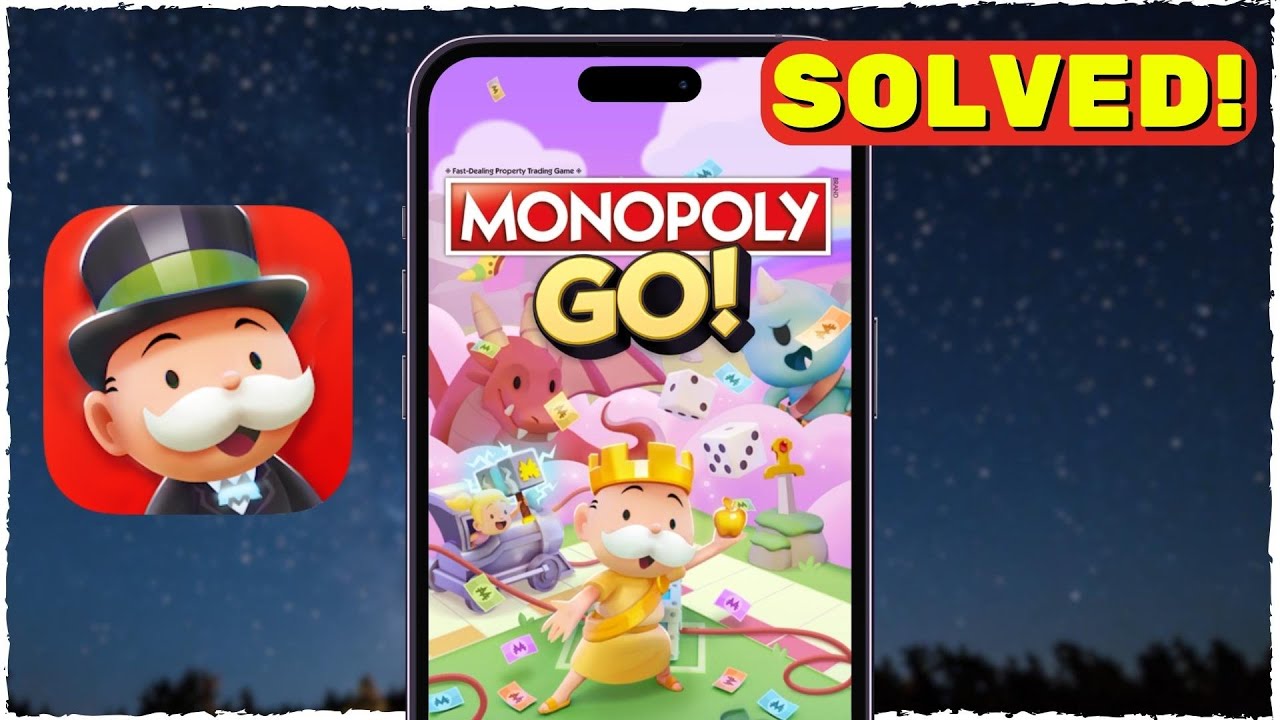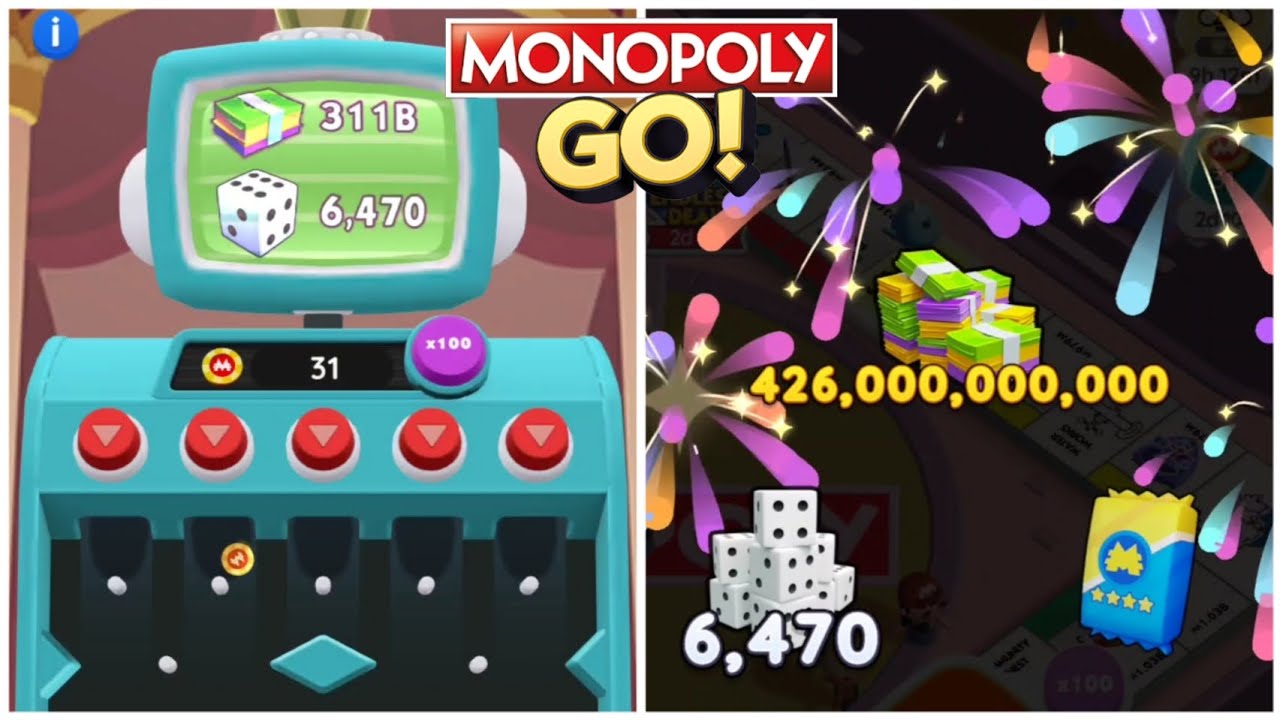In a world filled with countless choices, unexpected turns, and uncharted paths, the term “Final Destiny” evokes a sense of ultimate purpose, an endgame to our personal or collective journey. It’s a phrase that stirs curiosity, contemplation, and even fear. What does “Final Destiny” truly mean, and why is it such a powerful concept?
In this blog, we’ll dive deep into the meaning of Final Destiny, exploring its philosophical, spiritual, and even practical significance in our lives.
Understanding Destiny
Before we unravel the “final” aspect, let’s first understand destiny itself. Often, destiny is defined as the preordained path one is meant to follow—an unavoidable outcome determined by some external force, be it divine, cosmic, or otherwise. It is the sense that life has a plan, even if we don’t always see it clearly. Many cultures, religions, and belief systems have addressed this concept, each offering a different interpretation of what destiny means and how it shapes our lives.
However, while some view destiny as something fixed, others believe in the power of free will, where we are active participants in shaping our futures. This leads us to the question: Is our final destiny set in stone, or do we create it with each decision we make?
The Final Destination: An End or A New Beginning?
The phrase “Final Destiny” implies the culmination of life’s journey. Whether we look at it through the lens of religion, philosophy, or existential reflection, the idea is rooted in the belief that our actions, choices, and experiences lead us to a final point—a destination that could be an end, a new beginning, or something entirely different.
In spiritual contexts, final destiny often refers to the afterlife, salvation, or reincarnation. For Christians, it might be heaven or hell; for Buddhists, it could be nirvana or rebirth. These concepts all revolve around the idea that there’s a purposeful end to the soul’s journey, based on how we lived our lives.
From a more philosophical perspective, the concept of Final Destiny can be interpreted as the point at which one’s purpose is fully realized. Existentialists like Jean-Paul Sartre suggest that human beings are responsible for defining their essence through their choices. In this sense, our final destiny might not be a predetermined outcome, but rather the accumulation of the lives we’ve shaped through our actions and decisions.
The Interplay Between Fate and Free Will
At the heart of the discussion surrounding Final Destiny lies a deep and timeless debate: Fate versus Free Will. Do we have the power to change our destiny, or is everything we experience part of a greater plan?
For those who believe in fate, the final destiny is unavoidable. Every event in our lives is interconnected and serves a higher purpose, guiding us towards a particular conclusion. In this worldview, destiny is like a river that flows towards a predetermined sea, and no matter how hard we swim against the current, we’ll eventually reach that sea.
On the other hand, proponents of free will argue that we create our own destiny. Each choice we make builds the path toward our final destination. The twists and turns of life aren’t written in advance but rather forged in real-time by our thoughts, actions, and decisions.
Perhaps the truth lies somewhere in between. Life could be seen as a combination of destiny and free will, with fate providing the framework and free will allowing us to color within those lines, shaping our journey toward our ultimate fate.
Embracing the Journey Toward Final Destiny
Regardless of what we believe about destiny, one thing remains true: the journey matters as much as the destination. In the grand scheme of things, it’s not just about where we end up, but how we get there. The relationships we nurture, the dreams we chase, the failures we encounter, and the lessons we learn—all these elements contribute to shaping our final destiny.
We can choose to approach our destiny with purpose and intention, knowing that each day brings us closer to it. Or we can drift through life, leaving our fate in the hands of chance. Either way, there is value in considering what final destiny means to each of us. Is it about achieving a lifelong dream? Is it about inner peace? Or is it about making a lasting impact on the world?
Final Destiny in Popular Culture
The allure of Final Destiny has found its way into popular culture, from movies and books to video games and music. These mediums often use the concept to explore the tension between life’s unpredictability and the idea of a higher plan. From epic hero’s journeys that conclude in a character’s moment of triumph or downfall, to philosophical works that wrestle with life’s purpose, the concept of Final Destiny is a wellspring of storytelling inspiration.
In gaming, titles like “Final Fantasy” have delved into the hero’s journey, emphasizing the decisions made along the way that lead to the protagonist’s final, often world-altering, destiny. In literature, the concept appears in classic works like “The Lord of the Rings,” where Frodo’s final destiny is not only to destroy the ring but to return to a life forever changed by his journey.
Conclusion: What is Your Final Destiny?
The concept of Final Destiny serves as a powerful reminder that life’s journey has meaning. Whether you believe in fate, free will, or a combination of the two, thinking about your final destiny invites reflection on the kind of life you want to lead and the legacy you wish to leave behind.
In the end, the idea of final destiny isn’t just about arriving at a predetermined point—it’s about making the journey as meaningful and fulfilling as possible. So ask yourself: What path are you on, and where do you want it to lead? Because in many ways, your final destiny is not a distant endpoint, but a reflection of the choices you make every single day.










